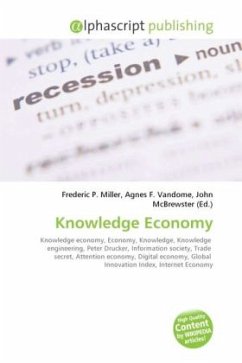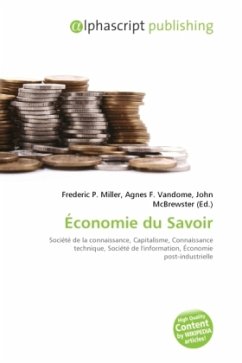Insider trading is the trading of a corporation's stock or other securities (e.g. bonds or stock options) by individuals with potential access to non-public information about the company. In most countries, trading by corporate insiders such as officers, key employees, directors, and large shareholders may be legal, if this trading is done in a way that does not take advantage of non-public information. However, the term is frequently used to refer to a practice in which an insider or a related party trades based on material non-public information obtained during the performance of the insider's duties at the corporation, or otherwise in breach of a fiduciary or other relationship of trust and confidence or where the non-public information was misappropriated from the company.In the United States and several other jurisdictions, trading conducted by corporate officers, key employees, directors, or significant shareholders (in the U.S., defined as beneficial owners of ten percent or more of the firm's equity securities) must be reported to the regulator or publicly disclosed, usually within a few business days of the trade.
Bitte wählen Sie Ihr Anliegen aus.
Rechnungen
Retourenschein anfordern
Bestellstatus
Storno








